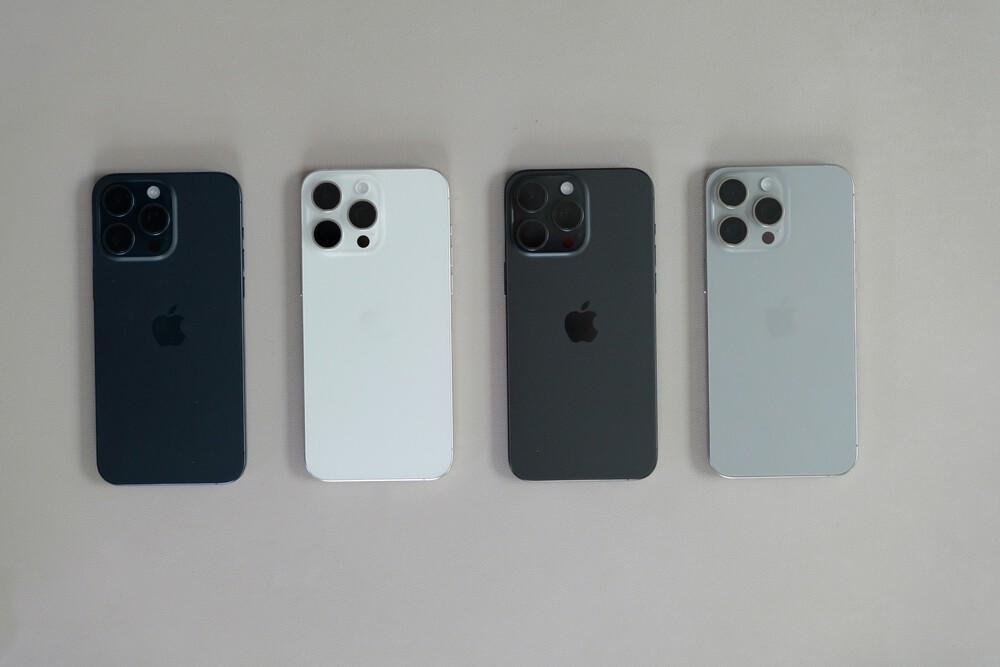Choosing the Right VPN: A Comprehensive Guide

Aug. 16 2024, Published 3:00 a.m. ET
Choosing the correct Virtual Private Network (VPN) is essential when security and privacy are increasingly compromised in today's digital environment. A VPN acts as a firewall, encrypting data and directing it via a secure server to hide online activity from prying eyes. Nevertheless, selecting the best VPN company might be difficult, given the abundance of options accessible. This post provides a thorough how-to guide for choosing the best VPN, emphasizing essential factors, including server locations, performance, cost, privacy, and security.
Privacy and Security: The Cornerstones of a Reliable VPN
Security and privacy should be the top priorities while assessing a VPN. Strong encryption is a feature that a reliable VPN should provide to keep data safe and out of the hands of unwanted users; this has become especially important with business transactions.
The privacy policy of a VPN has to be open and explicit about how user data is managed. A VPN service provider should ideally have a rigorous no-logs policy, which means it shouldn't record its customers' online actions. This guarantees that nothing would be provided if a third party sought data.
Independent audits of the VPN provider's procedures and a no-logs policy can ensure that privacy claims are being respected. To improve security, some VPN services go one step further and use cutting-edge technology like RAM-only servers, which do not save data when the server is shut off.
Security procedures are yet another essential thing to think about. Many casinos have been implementing VPN usage and upgrading their cybersecurity tactics, and on top of this, many cryptocurrency casinos now require VPNs. By striking a compromise between speed and security, these protocols guarantee that data is well-protected without sacrificing efficiency.
Server Locations and Network Coverage
The functionality of a VPN is greatly influenced by the quantity and location of its servers. A VPN with an extensive global server network gives you more options for viewing material from anywhere globally. This is very helpful for people who need access to geo-restricted material or services.
Knowing when to use a VPN provider with servers in the regions most pertinent to the user's requirements is crucial regarding server locations. For example, ensuring the VPN has servers in the area where streaming services are usually accessed is essential.
Additionally, for individuals who must connect to areas with more stringent internet access regulations, the availability of servers in less accessible locations may be advantageous. Because users are spread across a more extensive variety of servers, a diversified server network can help improve overall speed and lessen congestion.
Considerations for Performance and Speed
The possible effect of VPNs on internet speed is one of the most frequent worries. Some speed loss is unavoidable since VPNs encrypt data and route traffic through an extra server. A well-optimized VPN, on the other hand, may reduce this effect and offer a seamless surfing experience with little to no lag.
The following elements should be taken into account when assessing a VPN's performance:
1. Server Proximity: Users usually experience quicker speeds when connecting to a server closer to their location. Specific VPNs come with features that choose the best server for you automatically depending on load and location, so you always get the greatest experience.
2. Server Load: A server's performance might be impacted by the number of people connected. In general, higher performance comes from a VPN that actively balances traffic throughout its network and controls server load.
3. Protocol Selection: Varying VPN protocols provide differing degrees of security and speed. For instance, WireGuard is renowned for its quick performance and robust security, which makes it an excellent option for tasks requiring fast connections, like gaming or streaming.
4. Bandwidth Limits: Certain VPNs have bandwidth restrictions, and internet performance might be considerably slowed if the limit is reached. Selecting a VPN with unlimited bandwidth is advised to prevent service outages.
Adaptability and User-Friendliness
Every regularly used gadget and operating system should be compatible with a VPN. Most trustworthy VPN companies provide programs for popular operating systems, including Windows, macOS, iOS, Android, and Linux. Some even include router support, enabling the security of any device linked to a home network. For the most secure online experience, consider using a VPN when streaming movies, downloading files, sending emails, or chatting online.
Another essential factor to consider is how simple it is to utilize a VPN. Even for non-techies, navigating and configuring settings is made simpler with an intuitive UI. Seek for VPNs with easy-to-use applications that enable fast access to critical functions, such as server selection and connection status, and a straightforward setup procedure.
Additionally, some VPNs offer browser extensions, which give a practical means of safeguarding surfing activities without requiring a complete VPN program. Those who primarily want VPN protection when browsing the web may find this helpful.
Customer Support and Reliability
While customer service is sometimes disregarded when selecting a VPN, it is essential for speedy problem-solving. A trustworthy VPN service provider should provide extensive support, such as email help, live chat available around the clock, and a thorough knowledge base. This guarantees that support is offered anytime assistance is required for problems or advice on configuring the VPN for specific applications.
Performance consistency and uptime of the VPN are also considered aspects of reliability. Frequent server outages or connection problems can be annoying and reduce the usefulness of a VPN. Examining customer feedback and third-party performance testing is an excellent way to determine a VPN provider's dependability.

Pricing and Value for Money
While cost is a significant consideration when selecting a VPN, it shouldn't be the only one. Free VPNs can appear alluring but may have drawbacks, such as fewer server locations, slower speeds, and possible privacy problems. Free VPNs often support their services by displaying advertisements or sharing user data, which can potentially impact security and privacy.
A paid VPN service is important for ensuring online security and privacy. Unlike free options, paid VPNs typically offer stronger encryption, no data logging, and faster speeds. They prioritize user protection, providing a safer browsing experience without compromising personal information, making them essential for secure internet usage.
Selecting the right VPN is important for protecting your online privacy and security, especially in today’s digital world. By considering factors such as encryption strength, server locations, speed, and adaptability, you may find a VPN that meets your needs and ensures a secure, reliable, and user-friendly experience. Prioritize your online safety by making an informed choice when selecting a VPN.
The information provided in this article is for general informational purposes only. Gamble or play responsibly. If you or someone you know has a gambling problem, help is available. Call 1-800-GAMBLER. If you’re in the U.K. and need help with a gambling problem, call the National Gambling Helpline on 0808 8020 133 or go to gamstop.co.uk to be excluded from all UK-regulated gambling websites. We disclaim any liability for any loss or damage arising directly or indirectly from the use of, or reliance on, the information presented.


